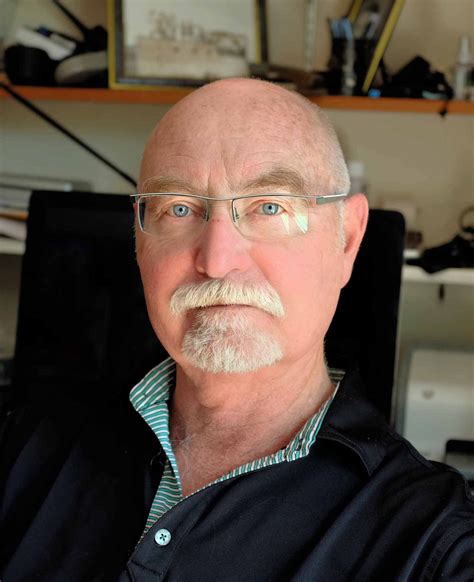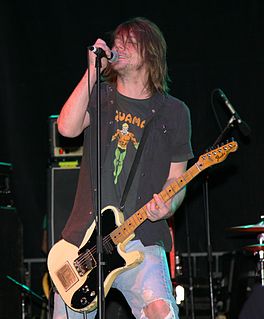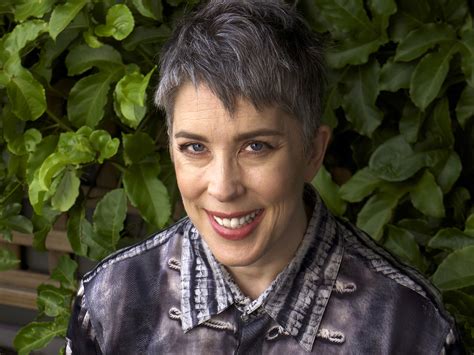A Quote by Candace Bushnell
I'm looking forward to writing more novels for young adults.
Quote Topics
Related Quotes
On the craft level, writing for children is not so different from writing for adults. You still have to have a story that moves forward. You still have to have the tools of the trade down. The difference arises in the knowledge of who you're writing for. This isn't necessary true of writing for adults.
Writing for adults and writing for young people is really not that different. As a reporter, I have always tried to write as clearly and simply as possible. I like clean, unadorned writing. So writing for a younger audience was largely an exercise in making my prose even more clear and direct, and in avoiding complicated digressions.
Young persons, because of their immaturity, may not fully comprehend the consequences of their actions and should therefore benefit from less severe sanctions than adults. More importantly, it reflects the firm belief that young persons are more susceptible to change, and thus have a greater potential for rehabilitation than adults.
Some say it is the elements of hope and wonder in children's books that make them special. But there are many dark young adult novels these days. Adults loved Harry Potter, though it was written for the young. In the end, it is probably up to the reader of any age to decide if this book is for him or her.





































